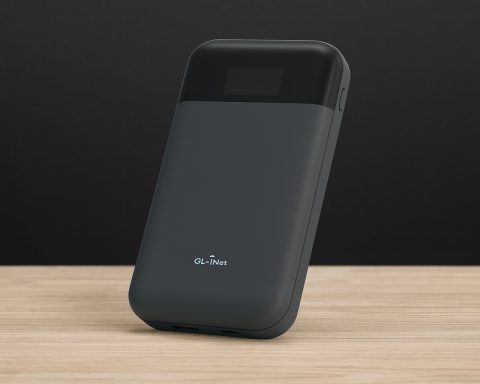
Globale mobile Internetnutzung explodiert: 5G boomt, Wi‑Fi 7 hebt ab, geheimer SIM-Plan vereitelt und Netzwerke im Umbruch
Netze der nächsten Generation: 5G, Wi‑Fi 7 und 6G-Rollouts Wi‑Fi 7-Einführung: Pakistans Regulierungsbehörde (PTA) sorgte für Schlagzeilen, indem sie Wi‑Fi 7 und andere zukünftige Wi‑Fi-Standards im 6-GHz-Band freigab dailytimes.com.pk. Wi‑Fi 7 (basierend auf IEEE 802.11be) kann Multi-Gigabit-Geschwindigkeiten mit geringerer Latenz liefern und so den Bedarf an
